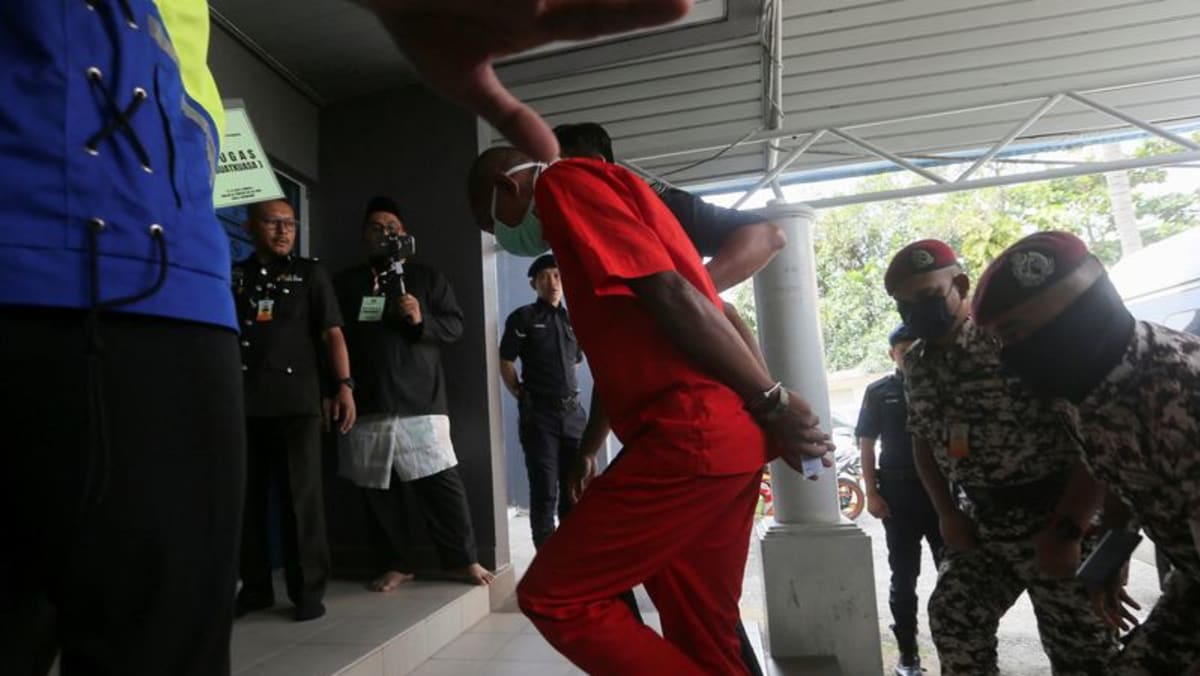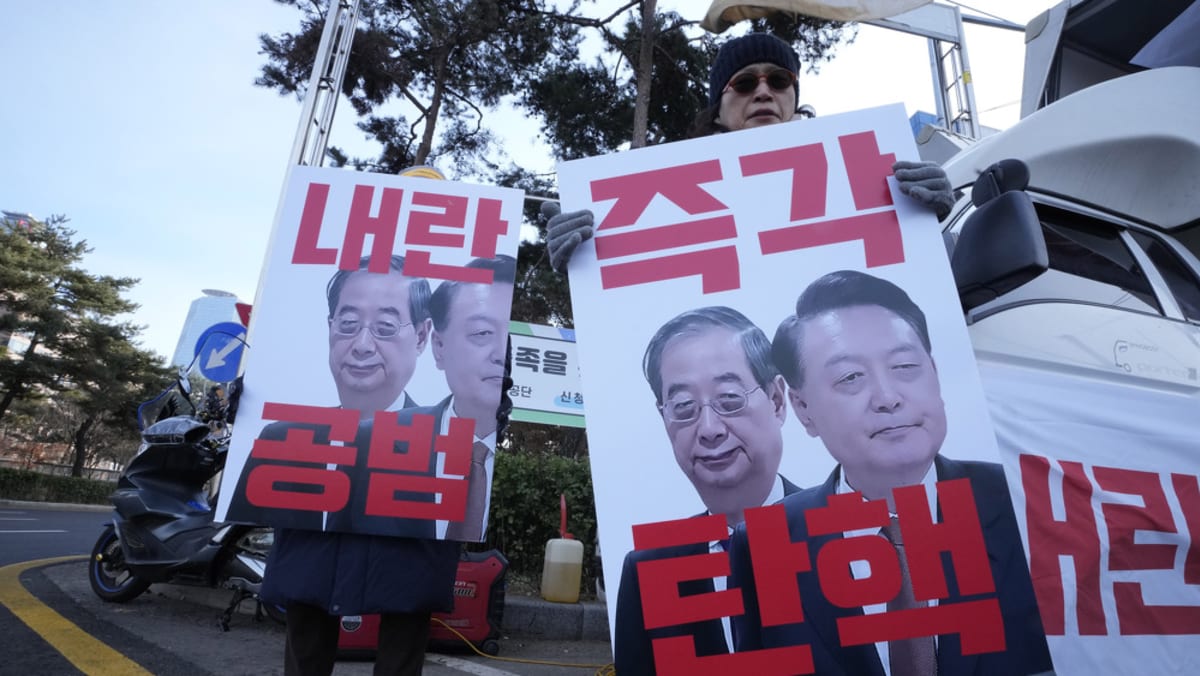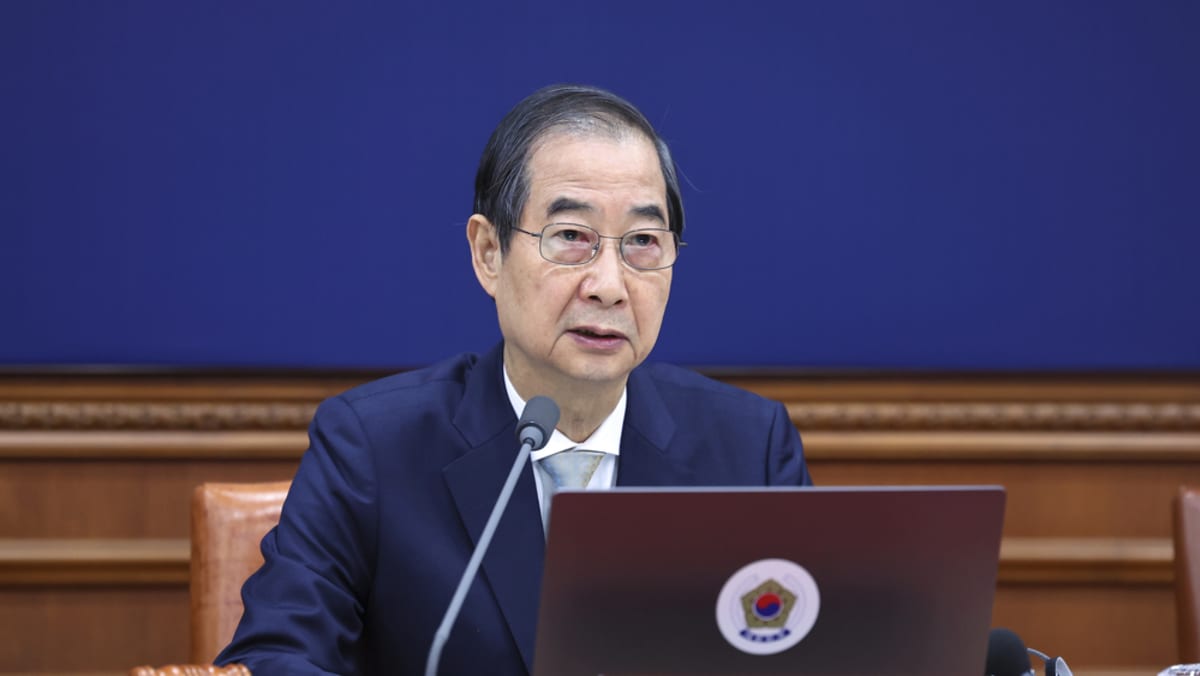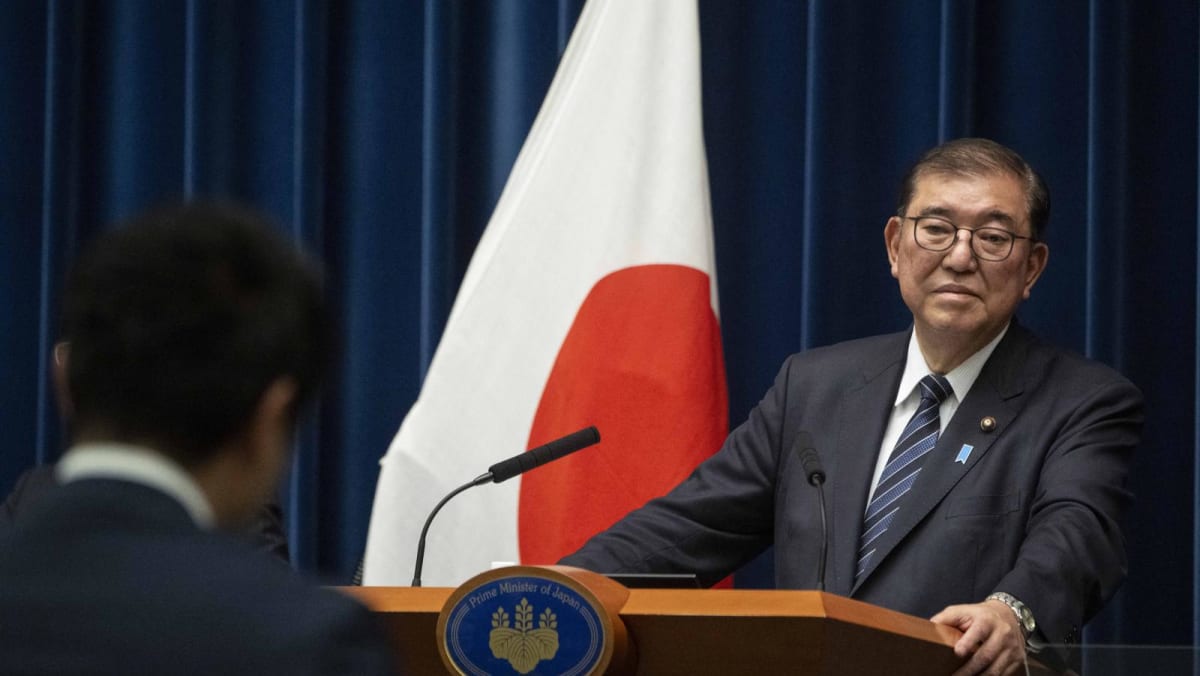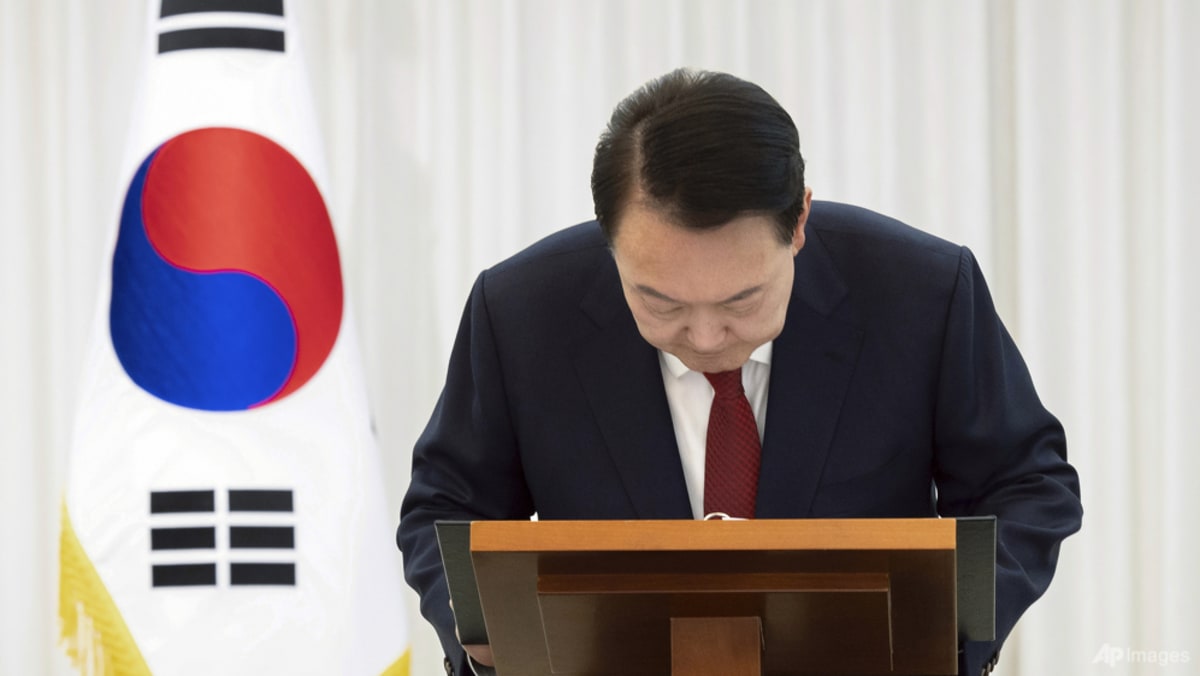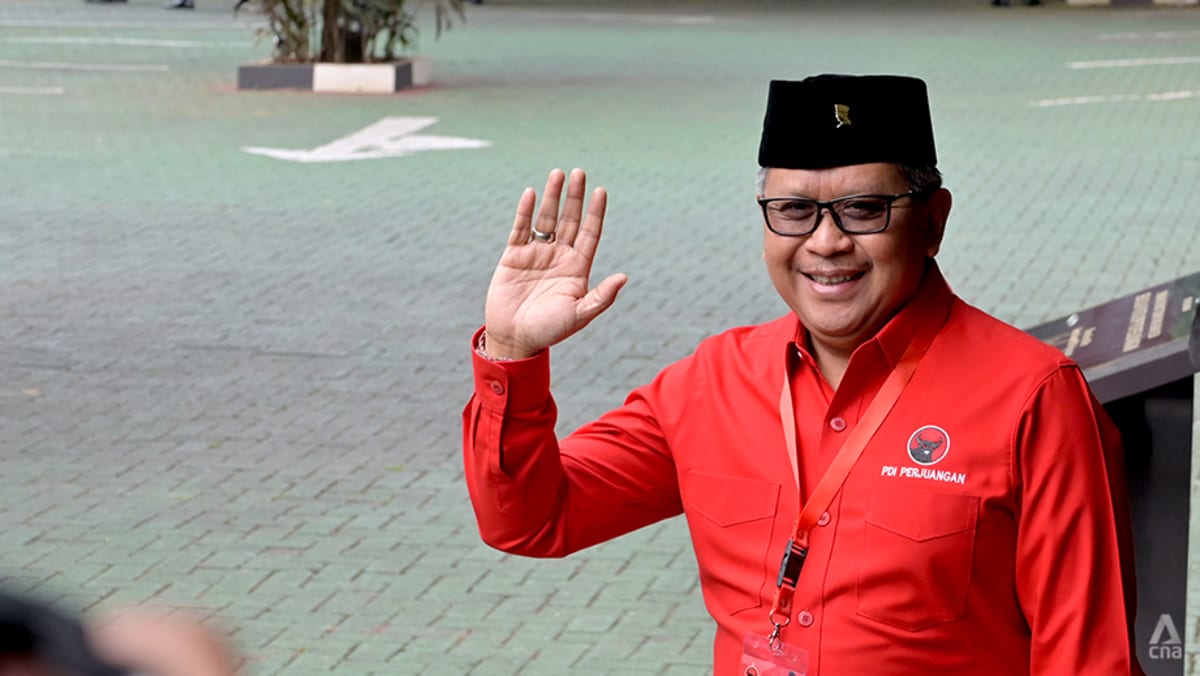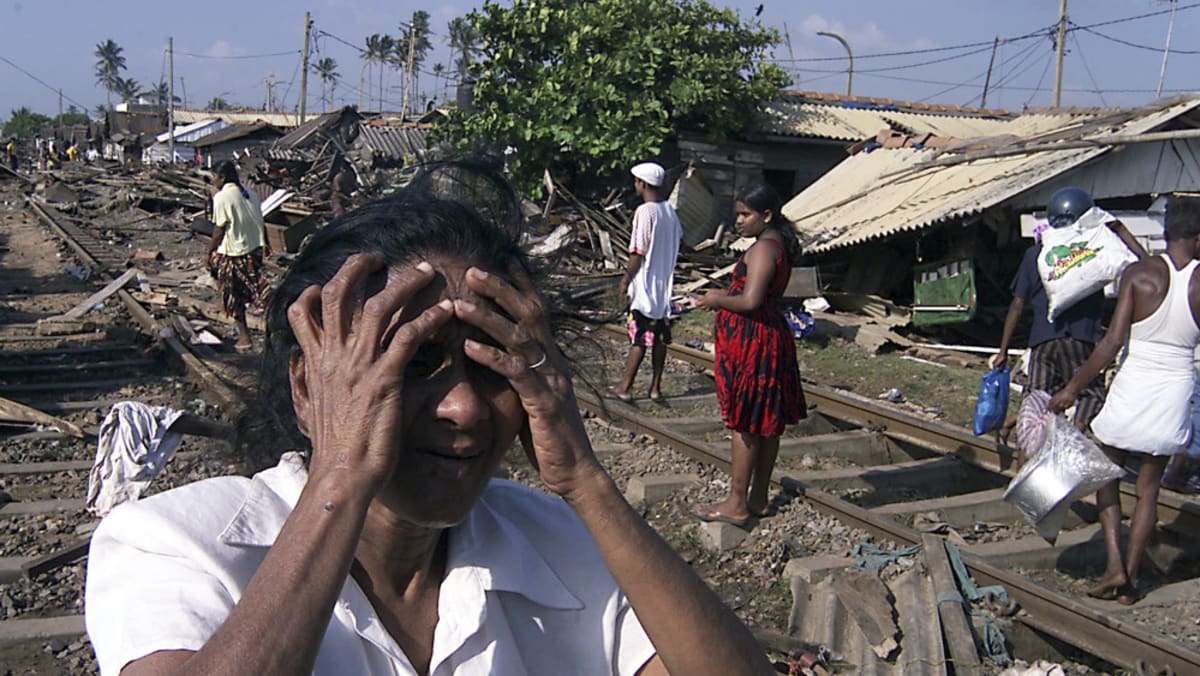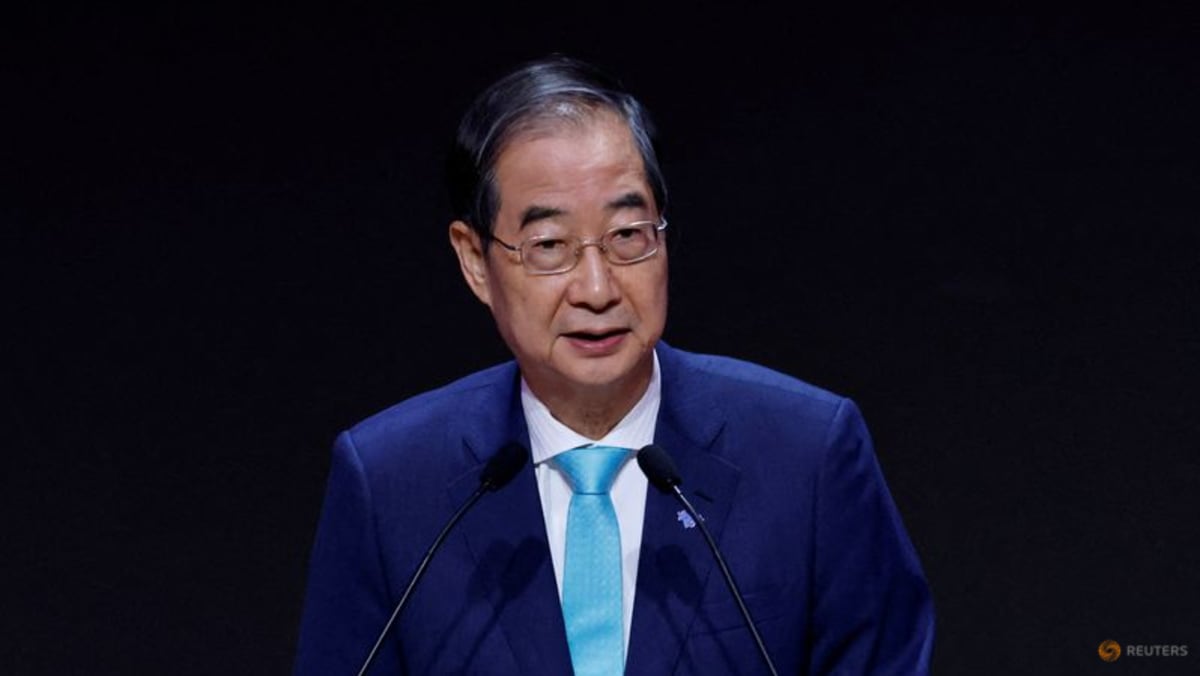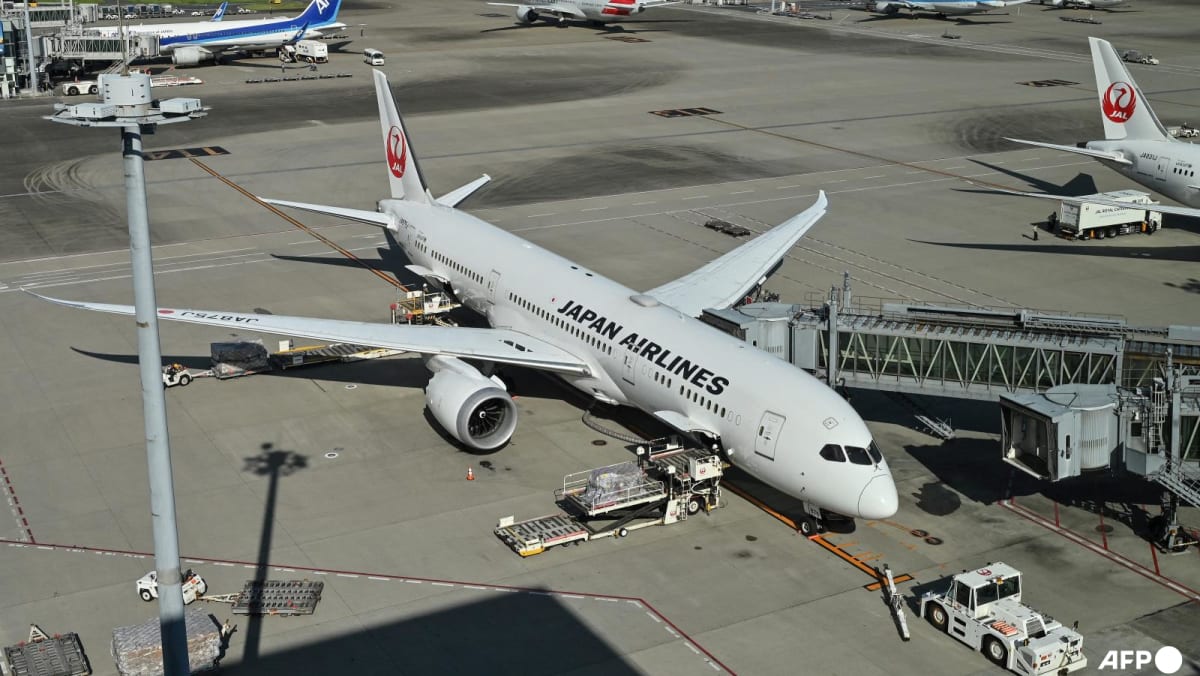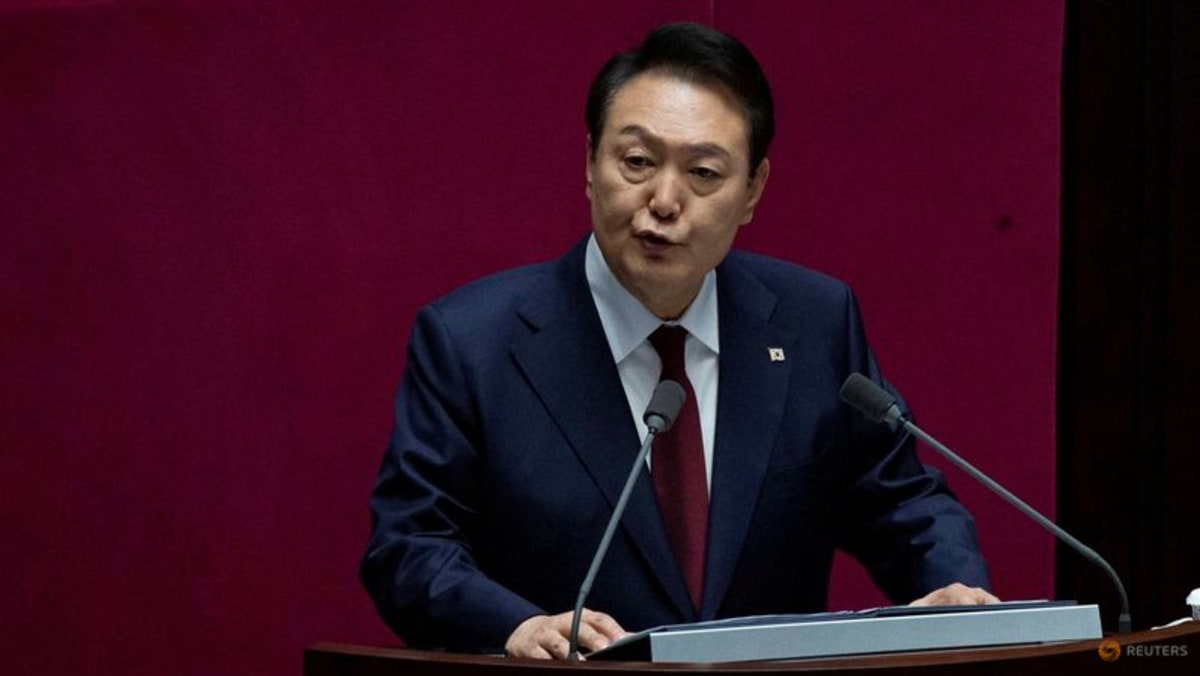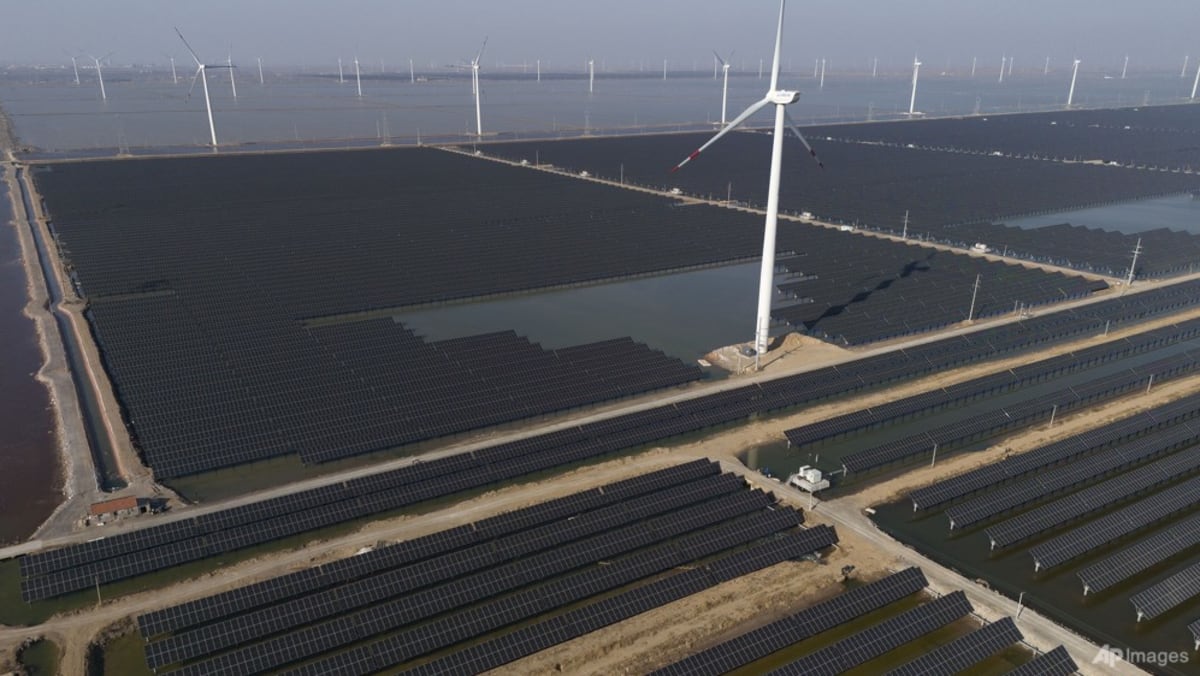Xi’s G20 no-show hints at China’s shifting diplomatic priorities

China also bristles at India’s membership of the so-called Quad, a security partnership with Australia, Japan and the United States that Beijing views as an effort to contain its influence in Asia.
Shi Yinhong, professor of international relations at Beijing’s Renmin University of China, said India had also recently displayed “stronger opposition to China’s claims over the South China Sea … and escalated a ban or strict restrictions on China’s tech exports and direct investments”.
“These (issues) have existed for years and will last long into the future, whether situational … events happen at this or that moment,” he said.
There were expectations that Xi may use the G20 to meet President Joe Biden, with his American counterpart saying last week he would be “disappointed” if the Chinese leader did not show up.
Beijing and Washington have clashed in recent years over a range of issues, from trade to technology and human rights.
However, the “increasingly clear” prospect of a November meeting at the APEC summit in San Francisco may have made Xi’s G20 attendance “less imperative”, Sun said.
DON’T ASK WHY
A spokesperson for China’s foreign ministry deflected questions at a media briefing this week about Xi’s absence.
Asked directly why Xi was not attending, spokeswoman Mao Ning said: “I made an announcement about this just now.”
She then repeated a statement detailing Premier Li Qiang’s planned visit to India, which made no mention of Xi himself.
China’s Communist Party rarely discloses information about top leaders but its reflexive secrecy has made repeated headlines in recent months.
Former foreign minister Qin Gang was abruptly removed from his post in July and has not been seen in public since.
And Xi failed to appear for a scheduled speech at the BRICS summit, sending his commerce minister to read it on his behalf.
Tsang, of SOAS, said there was a “reasonable chance” that Xi, who turned 70 this year, may be suffering from health problems.
“Xi is taking China further in the totalitarian direction, so greater control and greater secrecy are part of the process,” Tsang said.
One diplomat from a G20 nation also told AFP Xi may want to avoid hard questions about refusing to condemn Russia over its invasion of Ukraine.
“The emperor does not like to be asked uncomfortable questions,” he said.
Source: CNA


